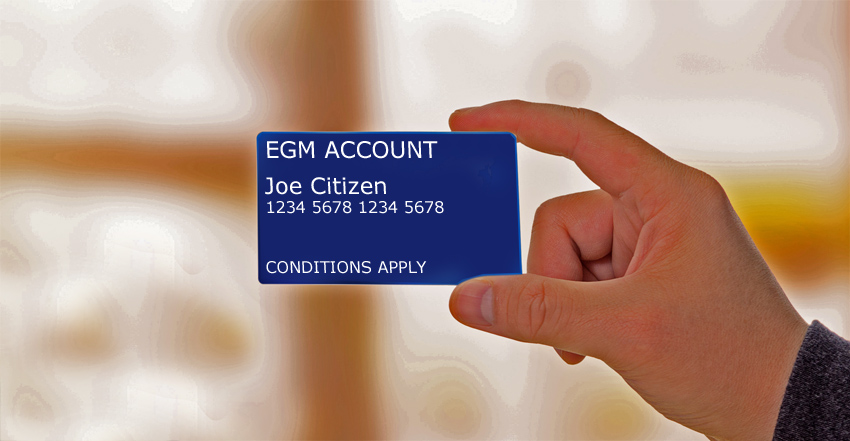The much-anticipated Minns government’s greatly expanded cashless gaming trial has begun, at a key location, as the program is rolled out over coming weeks.
The cashless trial is slated to be applied to 4,000 machines, across 27 NSW venues.
Results will be analysed later this year by an independent gaming panel, in order to guide the government’s gaming reforms and changes that might need to be made to the system.
“This will give us a real indication of how the public reacts with the technology and also what tweaks need to be made to ensure people’s privacy and cybersecurity are protected,” says David Harris, Minister for Gaming and Racing.
At the end of March the trial began at Twin Towns Services Club, Tweed Heads, on all 596 EGMs at the venue.
The club was selected to begin the trial due to its regional status, being the largest participating site in regional NSW, as well as for its proximity to Queensland and the number of tourists it sees.
Twin Towns Services Club also operates Twin Towns Juniors, also in Tweed Heads, and Club Banora in Banora Point, which has nearly 200 machines.
Tweed Heads is a city of nearly 700,000 people, and has another four gaming clubs (Seagulls, Tweed Heads Bowls, South Tweed Heads Bowls, and Coolangatta & Tweed Heads Golf), operating another nearly 550 machines.
Although the trial is voluntary, patrons are being encouraged to sign up to the system, allowing users to put money into a gaming account that the system uses to apply credits to an EGM.
Users must set limits before playing, which can specify daily, monthly or even time constraints.
Ebet Gaming Systems CEO Frank Makryllos offers it is intended to provide players with appropriate tools “so they can manage their own play within their lifestyle and budgetary constraints”.
To register, a person must submit 100 points of identification and undergo a face scan, which is intended to help target money laundering. A user must have a nominated bank account and the system can ascertain the account matches the user and is not that of a company, to directly link any transfer of funds with an individual.
The Labor government maintains it will implement changes put forward by the review panel, based in its commitment to both gambling harm minimisation and to cracking down on criminal activities using gaming machines.
Minister Harris believes the trial, if successful, will deliver insights into how a cashless system might be implemented throughout the state.
Despite the fact the trial was expanded from the 500 machines originally promised prior to the election to its final number, eight times as large, the politically-tainted nature and gravity of the debate has elicited the anticipated critics.
Anti-gambling advocate Kicking the Punt is sceptical as to whether a cashless system would actually help problem gamblers, suggesting the optimal approach would be to establish a digital self-exclusion register across NSW that was enforceable by venues.
This doubt is in line with research on cashless systems that found both potential benefits and problems associated with the concept, with some participants seeing upsides in harm minimisation but also potential to increase spending.
Leading to the state election in March 2023, the Labor party led by Chris Minns responded to calls for a policy to match that of residing Premier Dominic Perrottet’s pronouncement he would mandate cashless systems in gaming rooms if re-appointed, by promising a dedicated, evidence-based trial, which was subsequently flooded with volunteers.
Exemplifying the politicking, Kevin Anderson, the opposition’s spokesperson for gaming, has criticised the government for the time it has taken to begin the process, now a year on from the election, and ironically voiced concern over the “financial impact that cashless” might have on pubs and clubs, asking what is the government doing to support smaller venues.

